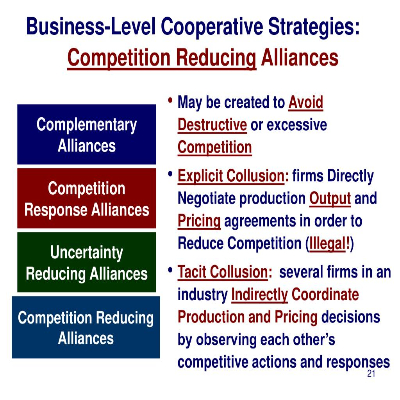Introduction: Developing a robust legal strategy for financing your cooperative is crucial to ensure financial stability and sustainability. Cooperative organizations operate under unique principles and structures, requiring a tailored approach to financing. In this article, we will explore the importance of developing a legal strategy for cooperative financing, discuss key considerations, and highlight best practices to help you navigate the complex financial landscape.
Understanding the Significance of Developing a Legal Strategy for Cooperative Financing: Developing a legal strategy specific to cooperative financing is essential for several reasons. It helps cooperatives identify appropriate financing options, mitigate risks, attract capital, and navigate regulatory requirements. A well-defined legal strategy enables cooperatives to make informed decisions based on sound legal advice and ensures compliance with applicable laws and regulations.
Key Considerations for Developing a Legal Strategy to Finance Your Cooperative:
- Cooperative Structure: Understand the unique structure and nature of your cooperative, including legal requirements, rights, and responsibilities of members, and governance structure. This understanding will help identify the most suitable financing options.
- Financing Options: Explore various financing options available to cooperatives, such as member investments, loans, grants, crowdfunding, or partnerships. Consider both short-term and long-term financing needs, and evaluate the pros and cons of each option in light of your cooperative’s goals and values.
- Regulatory Compliance: Familiarize yourself with the relevant federal and state laws governing cooperative financing, including securities regulations, cooperative statutes, and tax laws. Ensure compliance with disclosure requirements, investor protection regulations, and any specific rules applicable to cooperatives.
- Risk Management: Develop a risk management framework to identify, assess, and mitigate financial risks associated with cooperative financing. This includes assessing credit risks, diversifying funding sources, and implementing appropriate internal control measures to safeguard the cooperative’s financial health.
- Legal Documentation: Prepare and review legal documents carefully to document financing arrangements accurately. This may include member agreements, loan documents, securities filings, or partnership agreements. Seek legal counsel to ensure these documents reflect the unique needs and requirements of your cooperative.

Best Practices for Developing a Legal Strategy to Finance Your Cooperative:
- Engage Legal Expertise: Seek guidance from legal professionals experienced in cooperative law and financing. They can provide valuable insights, draft necessary documents, and help navigate legal complexities.
- Conduct Due Diligence: Conduct thorough due diligence when considering potential financing options. This includes assessing the financial stability of partners or lenders, analyzing the terms and conditions of agreements, and understanding any potential legal implications.
- Educate and Involve Members: Educate and involve cooperative members in the financing process. Transparent communication and member participation build trust and support for financing initiatives. Hold member meetings to discuss financing options, share information, and seek member input.
- Regularly Review and Update: Periodically review and update your cooperative’s financing strategy to adapt to changing market conditions, regulatory requirements, and cooperative goals. Regularly assess the effectiveness of financing arrangements and adjust as needed.
- Build Relationships: Cultivate relationships with financial institutions, potential investors, and cooperative networks. Networking and collaboration can open doors to additional financing opportunities and provide access to valuable resources and expertise.
Conclusion: Developing a legal strategy specific to financing your cooperative is essential for long-term sustainability and growth. By considering key factors, exploring financing options, ensuring regulatory compliance, and seeking legal expertise, cooperatives can effectively finance their operations while staying true to their cooperative principles. Take the time to develop a robust legal strategy, as it will lay the foundation for financial success and contribute to the overall strength of your cooperative.











